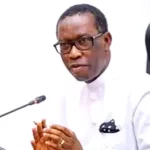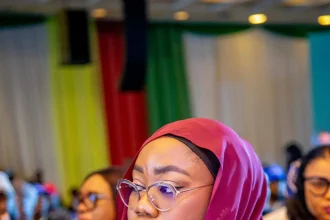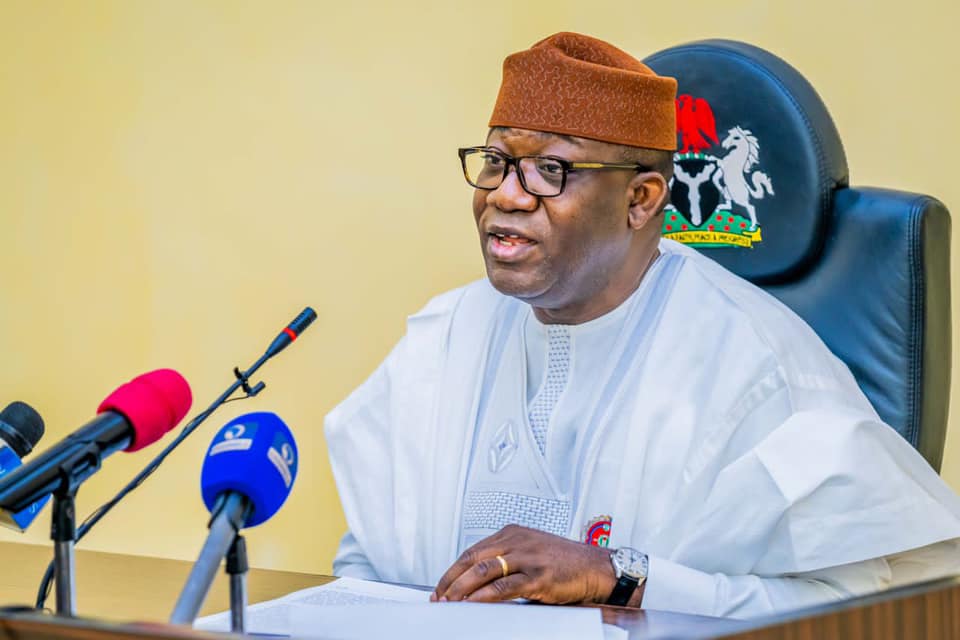Renowned economist and political activist, Professor Pat Utomi, has announced the formation of a shadow government to serve as a credible opposition to the administration of President Bola Tinubu.
The initiative, described as a “national emergency response,” was officially launched on Monday via a virtual event and operates under the banner of the Big Tent Coalition Shadow Government.
According to Utomi, the newly constituted body draws its membership from across Nigeria’s opposition parties and is structured to provide ongoing oversight of the current administration. The shadow government is tasked with identifying policy shortcomings, proposing alternative solutions, and advocating for reform in critical sectors such as the economy, education, healthcare, infrastructure, law and order, and constitutional reform.
Utomi, while highlighting the urgency of the initiative, said, “The recent spate of defections to the All Progressives Congress provides further evidence that all is not well with democracy in Nigeria.”
He stressed the importance of a proactive opposition, adding, “The imperative is that if a genuine opposition does not courageously identify the performance failures of incumbents, offer options, and influence culture in a counter direction, it will be complicit in subverting the will of the people.”
The shadow government will convene on a weekly basis to assess public policies and offer reform suggestions. A central goal, Utomi noted, is to restore ethical governance, which he said is currently missing from the Tinubu administration.
“This shadow team must also address issues of ethics, transparency, and integrity, which continue to challenge this government at every turn,” he stated.
He pointed to the worsening poverty levels in the country, with multinational companies exiting and millions of Nigerians facing unemployment. “Nothing is more urgent than tackling the rising poverty across the country. Multinationals are shutting down, and millions are unemployed. Just two recent company exits illustrate how poorly thought-out policies have tanked the economy,” Utomi said.
On the controversial removal of the petroleum subsidy, Utomi accused the government of using political consensus to mask its failures.
“Making propaganda of most leaders being in agreement on removing the petroleum subsidy was to cover up policy errors of how to remove it without further structural damage to the economy,” he argued.
Addressing security sector reform, Utomi called for decentralised policing, urging a multilayered structure where communities, states, and the federal government each play active roles.
“Policing for me is a local function. We will travel further if we get the communities to have their own armed and well-trained police forces, which will be layered with state police and the Federal National Guard,” he said. He attributed resistance to such reforms to corruption and the centralised nature of governance.
Utomi revealed that the shadow cabinet is composed of a broad range of professionals and public figures from different opposition backgrounds. The team, he said, will function as both a think tank and policy watchdog, providing the Nigerian public with credible alternatives to government policies.
Leading the Ombudsman and Good Governance portfolio is human rights lawyer Dele Farotimi. He is joined on the policy delivery unit by other notable voices including Oghene Momoh, Cheta Nwanze, Daniel Ikuonobe, Halima Ahmed, David Okonkwo, and Obi Ajuga.
The wider shadow cabinet comprises distinguished figures such as Dr Adefolusade Adebayo, Dr Peter Agadah, Dr Sadiq Gombe, Chibuzor Nwachukwu, Salvation Alibor, Bilkisu Magoro, Dr Victor Tubo, Charles Odibo, Dr Otive Igbuzor, Eunice Atuejide, Gbenga Ajayi, Dr Mani Ahmad, Peter Oyewole, and Dr Omano Edigheji.
Other members include Sidi Ali, Ibrahim Abdukarim, Adenike Oriola, Promise Adewusi, Prof. Ukachukwu Awuzie, Ambrose Obimma, Rwang Pam, Dr Kingsley Anedo, Prof. Auwal Aliyu, Dr Ghazali Ado, Nana Kazaure, Aisha Yusuf, Dr Charles Gilbert, and Olujimi Akiboh.
The initiative marks one of the most structured opposition responses to date under the Tinubu administration and signals a renewed effort by civil society and political actors to uphold democratic accountability in Nigeria.







